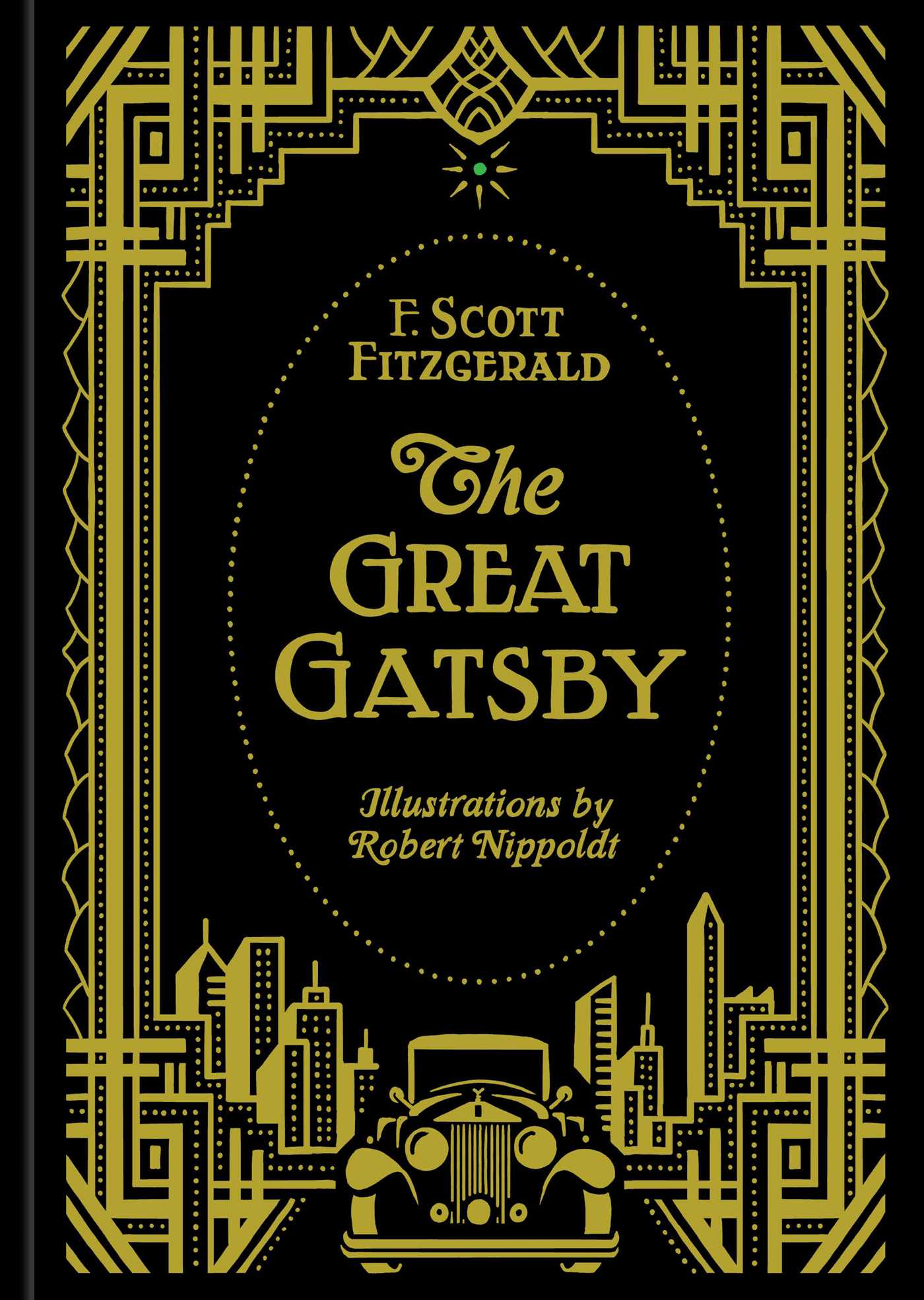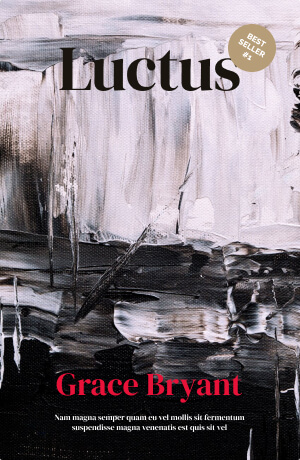MY REVIEW OF A NEW CLASSIC
The Great Gatsby
Fitzgerald’s timeless masterpiece isn’t just a story, it’s a mirror held up to the soul of the American Dream.
Meet Jay Gatsby, a man whose relentless pursuit of love and success will captivate, intrigue, and leave you questioning everything.

Introduction
“He was better than he knew, for in fact and in the literary sense he invented a ‘generation’.” – The New York Times
The Great Gatsby is one of the most iconic novels of American literature, cherished by readers all over the world.
Francis Scott Fitzgerald, despite being one of the most significant writers of the 20th century, didn’t experience roaring success during his lifetime. His works gained real acclaim only after his death at just 44 years old. Unfortunately, his life was deeply impacted by alcohol dependence and financial struggles. His masterpiece, The Great Gatsby, has been adapted into movies multiple times. You might be familiar with the 2013 version starring Leonardo DiCaprio and Carey Mulligan. But if you prefer a classic take, the 1974 adaptation with Robert Redford and Mia Farrow is a gem it even won two Oscars, and it’s one of my favorites.
Perhaps Daisy is Gatsby’s most coveted trophy, a symbol of the life he could only dream of when he first met her. But despite all this, Gatsby’s American Dream, with all its glamour and decay, feels like a poignant critique of the very ideal it represents.
The world of The Great Gatsby is one of luxury, attractive women, endless parties, and surface-level happiness. Fitzgerald paints this glittering yet hollow world with masterful strokes. His story isn’t just about love it’s about success, decadence, empty souls, and wasted lives. Even if you don’t feel much sympathy for the characters, Fitzgerald’s writing will enchant you, offering fresh insights and subtly challenging you to reevaluate your own values.
What is this book about?
So, what’s the story about? It’s a tale of love during the Jazz Age the roaring 1920s. The novel follows Jay Gatsby, a war veteran who remains hopelessly in love with Daisy Buchanan, his youthful crush. Gatsby devises a highly strategic plan to win her back, using every resource he has. The story is narrated by Nick Carraway, Daisy’s cousin, who moves to New York and settles in West Egg, a neighborhood for the newly rich, unlike East Egg, home to the old-money elite, where Daisy lives with her unfaithful husband, Tom Buchanan.
Nick becomes an observer of the extravagant, morally flawed world around Gatsby. Interestingly, you might initially think Nick is the main character, but he’s overshadowed by the larger-than-life Gatsby, whose name the novel bears. Of all the characters, Gatsby is perhaps the only one who comes across as likable. The others seem weighed down by shallow ambitions, selfishness, and obsession with the American Dream selling their souls for the illusion of wealth and fame. By the end, Fitzgerald’s critical tone toward the American Dream will linger in your mind.
“I hope she’ll be a fool—that’s the best thing a girl can be in this world, a beautiful little fool.” – Daisy
Nick becomes Gatsby’s neighbor and accomplice in his scheme to win Daisy back, even though she’s married. But for Daisy, that’s not a major obstacle, her love for opulence trumps any loyalty or principle. Daisy is portrayed as the quintessential beautiful woman who leans heavily on her looks, believing they alone make her special. Like a female Dorian Gray, she idealizes beauty. Before her daughter was born, she even remarked that a woman must be both pretty and naïve to have an easy life. Social status, in Daisy’s view, is her trump card for maintaining superiority.
Gatsby, on the other hand, has amassed his wealth through questionable means, but his heart remains loyal to one love the one he couldn’t have when he was poor. He throws lavish parties just to catch Daisy’s attention, and it works. I won’t spoil the whole story, but Gatsby’s unwavering focus on winning Daisy is both endearing and tragic. His tactics may feel familiar even today: men flaunting their wealth, cars, luxury vacations, fine dining to impress women. But unlike today’s Don Juans, who often pursue multiple conquests, Gatsby’s efforts are solely for one woman. There’s something touching, yet heartbreaking, about that.
“[Gatsby] had come a long way to this blue lawn, and his dream must have seemed so close that he could hardly fail to grasp it. He did not know that it was already behind him.”
Gatsby’s happiness with Daisy always feels just out of reach, like a mirage not in the future, but the past. He constantly revisits the past, trying to rewrite the moments he lost Daisy eight years ago, refusing to accept that the past cannot be changed.
Is Gatsby an ambitious businessman deeply capable of profound love, or is he simply a narcissist unable to accept rejection? Does he objectify Daisy, seeing her as the ultimate trophy to crown his success? Or is he drawn to her because she symbolizes the aristocratic status his wealth can never truly grant him? For me, it doesn’t feel like unconditional love, even though he’s built his entire life around her.
My Conclusion
Yes, right now. Yes, that’s how it is: everything that happened to you whether recently or long ago, in any year of your life never vanishes without a trace. It happens again, today, tomorrow, always.
What might seem like a unique experience and in many ways it is carries a universal quality through the questions it raises. As a reader, you often wonder if there could have been other solutions in the face of such adversity. How does one choose solutions to life-or-death problems when everything necessary for survival is utterly absent? Do they dare to believe in a different world from which to draw what’s missing, or do they surrender, convinced that their world is the only one that exists? This train symbolizes survival, and the journey becomes a choreography where hope and despair alternate so swiftly that at times, it’s nearly impossible to tell them apart.


